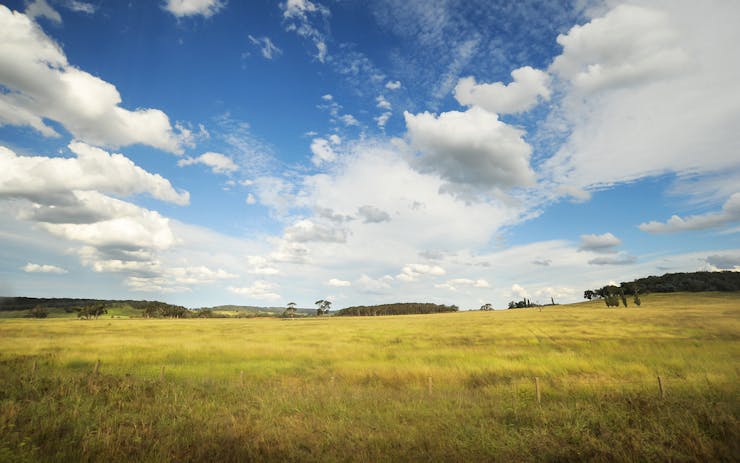The Australian Office of Drug Control (ODC) announced at a presentation last month that only two hectares–just under five acres–of medical cannabis will be grown in Australia under the new national licenses regime. The ODC made the revelation during a stop on its six-city tour designed to communicate its licensing regime for cultivating and manufacturing medicinal cannabis.
If the ODC estimate is correct, the Australian medical cannabis industry will be a drop in the ocean compared to the 25,000+ hectares of legal opium poppies grown in Tasmania in 2014. And barely anything compared to the US State of Colorado (population: 5 million), where a single grower might operate up to a 16-hectare farm.
Why is so little land dedicated to supply a nation of 23 million people?
Two reasons.
First, under current laws only an extremely limited range of patients can access medicinal cannabis.
Second, uncertainty surrounds the licensing and permit system for cultivation and manufacture.
Farmers who were hoping they’d be able to plow up the potato field in favor of cannabis will have to wait a little longer.
Patient Access
Patients in Australia have to meet strict criteria to be prescribed medicinal cannabis. Only those with certain illness like severe uncontrolled epilepsy, multiple sclerosis, and HIV/AIDS, or patients suffering pain from terminal illnesses, qualify for the drug.
Even then, a diagnosis is not enough. Only after patients exhaust existing treatment options can their specialists apply to the state’s health department and the Commonwealth Therapeutic Goods Administration for medical cannabis. The forms are a bit of a hassle to complete. If the application is approved, doctors can import small amounts of medicinal cannabis, or, as the regulations label it, ‘unregistered non-ARTG products’.
ODC indicated that the list of qualifying conditions could expand through a consultative process with doctor groups. But there is no indication that it will broaden beyond serious health problems.
Licensing Cultivation and Manufacture
Since clinical trials of medicinal cannabis began in NSW earlier in the year, the speed of progress in federal and state parliaments has surprised many. The momentum is so great that the Victoria and NSW governments applied for and were granted the first state agency licenses to undertake cannabis cultivation research, indicating a move away from importing cannabis from pharmaceutical sources in Canada and Britain.
Getting a license for research or medicinal cannabis isn’t so easy, though, if you’re not a government agency. We don’t yet know what application forms will look like. The ODC’s website currently indicates, mysteriously, that “Licence and permit application forms will be made available prior to 30 October 2016.”
What is clear about the scheme is that any cultivation licenses will be subject to a stringent “fit and proper person” test, and the ODC must be satisfied a contract exists for the sale of the product to a licensed manufacturer. Once a prospective grower receives a license, they will need to apply for a cannabis permit that tightly controls the amount and types of cannabis they can cultivate.
If cultivators want to turn their crop into a pharmaceutical product, they’ll have to apply for yet another license and permit. Manufacturers will need to comply with the Therapeutic Goods Administration’s codes for the production of medicine. Anyone who makes it through all that red tape may find their permit constrained by a range of conditions – from how waste must be disposed to how they can advertise their product.
These strict regulations are perhaps unsurprising given that lawmakers have outpaced regulators in decriminalizing the drug. For the moment, it looks like medically prescribed cannabis will continue to be imported.
Once we get a clearer picture of the licenses and permits from ODC, larger agricultural and pharmaceutical businesses equipped with the right infrastructure may move into the space. But don’t expect to see bushels of cannabis for sale next to apple carts on country roads anytime soon.





